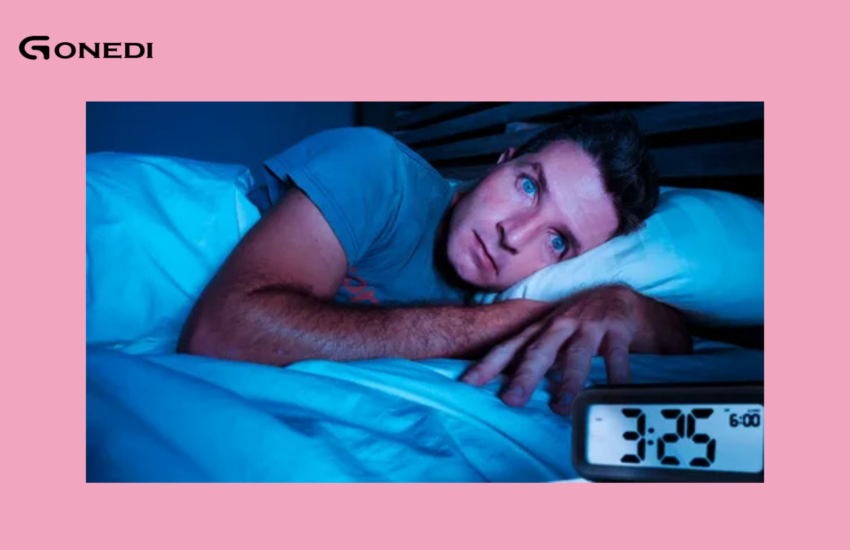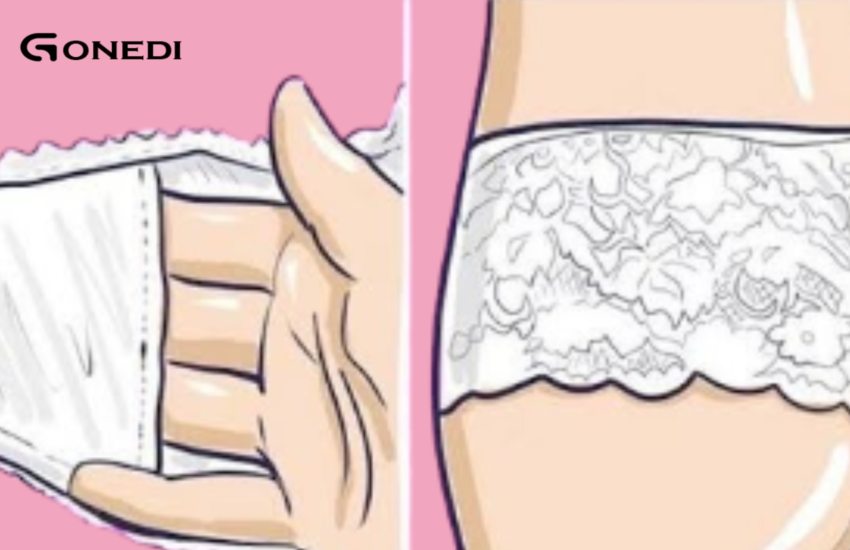Habits of individuals dealing with hidden depression
Start by explaining the concept of covert depression—how it differs from typical depression and how people can appear fine on the outside, while silently struggling with emotional turmoil inside. The introduction should set the tone for the essay by highlighting how easily covert depression can go unnoticed, even by the person suffering from it.
Example:
“Depression doesn’t always manifest itself as visible sadness. For some, it remains hidden behind a mask of normal everyday life. These individuals may appear fine to the outside world, but internally they often struggle with feelings of hopelessness and isolation. Understanding the habits of people dealing with covert depression can help us recognize the subtle signs and provide much-needed support.”
- Overachieving and Perfectionism: The Need for Perfection
Discuss how people with covert depression often work harder to achieve success or perfection, using accomplishments to cover up their inner pain. Their drive to succeed can sometimes be a coping mechanism to avoid experiencing negative emotions or feelings of worthlessness.
Example:
“People with covert depression may push themselves to achieve great things, believing that success will fill an emotional void or prevent others from seeing their struggles. They may become perfectionists, fearing that showing flaws will expose their inner pain.”
- Emotional Withdrawal and Isolation
Talk about how people with covert depression isolate themselves, even if they appear socially active. They may avoid deep relationships, and feel disconnected or unworthy of close relationships, even if they outwardly participate in social events.
Example:
“Although they may appear socially engaged, individuals with covert depression often withdraw emotionally. They feel alone even in a crowd, unable to fully engage in meaningful relationships because of the emotional wall they have built to protect themselves.”
- Frequent Irritability and Mood Swings
Explain how irritability or sudden outbursts of anger are often seen in people with covert depression. They may have difficulty regulating their emotions and feel extremely frustrated or upset, which may stem from intense sadness or internal chaos that they are trying to suppress.
Example:
“Hidden depression often manifests as irritability. Small upsets may trigger disproportionate anger or frustration, not because of the situation itself, but because of the emotional weight they are silently carrying. Outbursts are often a response to internal stress, not external events.”
- Chronic fatigue and sleep disturbances
Explore how hidden depression affects sleep and energy levels. Those who suffer from hidden depression may feel physically exhausted, even though they may not show any outward signs of fatigue. Insomnia or oversleeping are common ways the body tries to cope with emotional stress.
Example:
“People with hidden depression often feel physically drained, even if they appear energetic. Chronic fatigue can result from emotional exhaustion, and sleep disturbances—whether insomnia or oversleeping—can be a way to escape their overwhelming feelings.”
- Using Humor to Mask Pain
Discuss how some individuals cope with depression by using humor as a mask. They may joke or act extremely funny to distract from their internal struggles. Humor becomes a way to lighten the mood, but it can also serve to distance others from their emotional pain.
Example:
“Humor is a common coping strategy for those with covert depression. By making others laugh or displaying a playful demeanor, they divert attention away from their emotional distress. While it may appear as though they are indifferent, the truth is often far from what is visible on the surface.”
- Physical Complaints with No Apparent Cause
Talk about how people with covert depression may experience recurring physical symptoms such as headaches, stomachaches, or muscle tension. These physical complaints often have no apparent medical cause but are related to the stress and emotional strain of depression.
Example:
“Physical ailments, such as chronic headaches or stomach problems, can be signs of covert depression. These symptoms are often the body’s response to prolonged emotional pain, and they manifest in ways that may not directly relate to mental health struggles.”
- Self-criticism and low self-esteem
Explain how individuals with covert depression tend to be overly critical of themselves. They often struggle with feelings of inadequacy, constantly questioning their abilities or worth, even as they present a confident outward appearance to the world.
Example:
“Despite outward success, those with covert depression may struggle with a constant internal dialogue of self-doubt. They may feel that no matter how much they accomplish, they will never be enough. Their inner critic is loud, often drowning out any positive feedback they receive.”
- Overreliance on distractions (work, social media, etc.)
Highlight how individuals cope with feelings of inadequacy.


